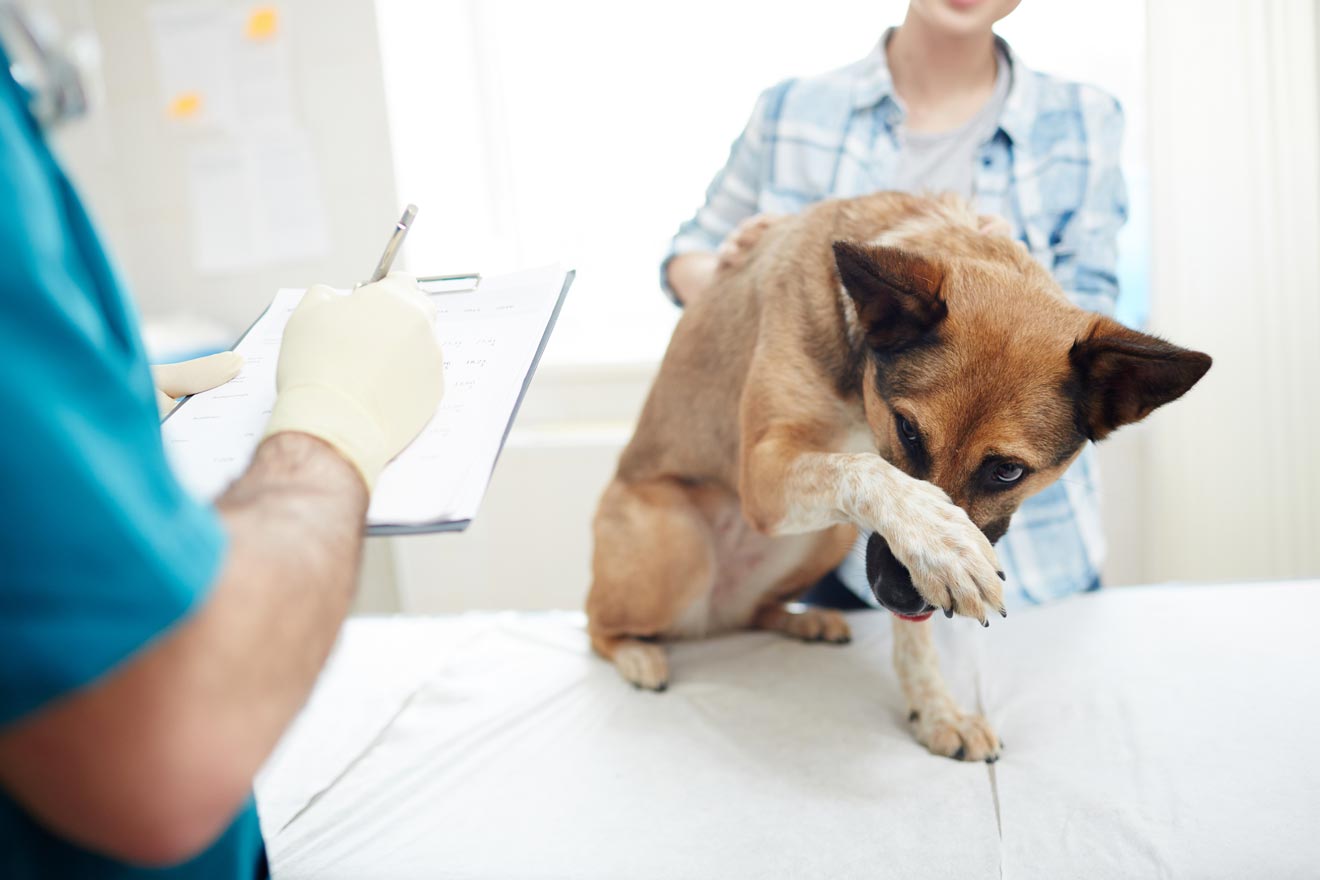Dogs fluctuate in weight immensely even within the same breed. Plenty of factors could impact this including the number of calories eaten daily, activity levels, age, metabolism, and overall health. A dog being too skinny can be a stress on their overall health so it needs to be remedied. The most important thing to realize is that making a drastic change could result in your dog being overweight. A balance of healthy food throughout the day with supplements can be enough to put weight on dogs that never seem to rest. The following are tips to help your dog gain weight so they can be in optimum health.
Take Your Dog to the Vet
Taking your dog to the vet should be the first step as weight loss could be the sign of something far more serious. The last thing you want is to have a dog with diabetes changing their diet resulting in health complications. The vet will also be able to let you know whether your dog is too skinny or it is a result of being mixed with a particular breed. The vet is going to rely on your answers so observation of your dog could not be more important. The reason your dog is rejecting a specific type of food could be due to an allergy of some sort. Other dogs could lose weight due to diarrhea that a specific brand of food is causing. The vet can recommend prescription dog food with the aim of encouraging your dog to eat by reducing their negative symptoms after eating.
Consuming More Calories
The consumption of more food could be a necessity if you have an extremely high-energy dog. Huskies are a perfect example of a breed of dogs that need to be fed quite a bit due to their energetic nature combined with size. Try to pick a type of food that is higher in calories than your current food. Staying within the same brand is recommended especially if your dog tends to have a sensitive stomach. Slowly switching to this food over a week by mixing it with the current food will reduce the chances of an upset stomach in your dog.
If the foods with the highest calories available are not working then feeding your dog healthy snacks could be the answer. Unseasoned chicken breast that is boiled or salmon is sure to get the attention of your dog. While this can get pricey, certain cuts of chicken are far more affordable than others. Salmon, on the other hand, is going to be pricey unless bought in bulk or farm-raised.
Protein Powder
Dog protein powder can be the answer to your dog’s needs in terms of gaining weight. Protein promotes muscle growth in humans as well as dogs. The ingredients have to be top of the line as quality protein yields incredible benefits when supplemented into a daily diet. Time-release technology is imperative as it will allow your dog’s muscles to be fed even when they are not eating. The right oils in your dog’s diet can allow them to have a better coat and oils are very high in calories.
Test Out Other Foods/Feeding Options
Testing out other foods has been mentioned above with some dogs requiring very specialized foods or foods that need to be hand-prepped. The area of your dog’s bowl could cause them anxiety leading them not to get regularly. If you have another dog you need to make sure both dogs are fed separately. A greedy sibling dog can lead to an underweight dog and this happens more frequently than many people imagine. Even dogs that do not have food aggression are known to steal another dog’s food when hungry.
Much like an underweight human being, it is going to be a process to get your dog to a healthy average weight. The truth is that it might take a few attempts in order to succeed in putting weight back on your dog. Consult with your vet for a particular plan to confirm the weight loss is not on account of a more serious condition. Find something healthy for your dog that they love to eat is important. The right supplementation will allow for weight gain in the healthiest manner possible.

Leave a Reply